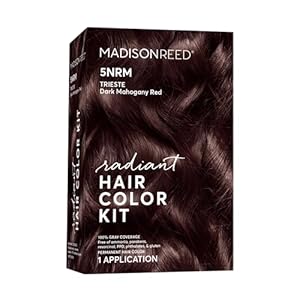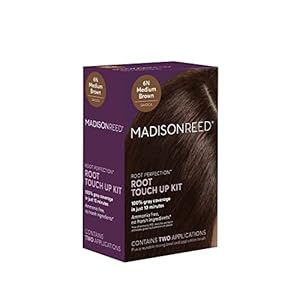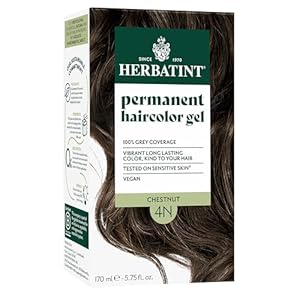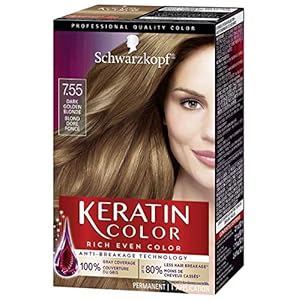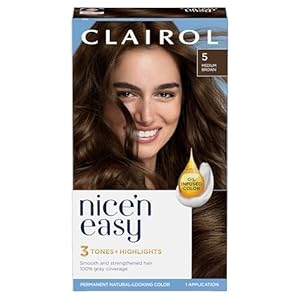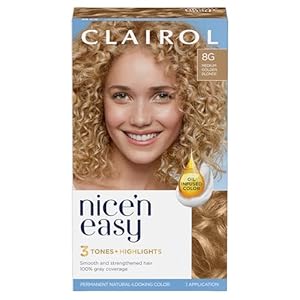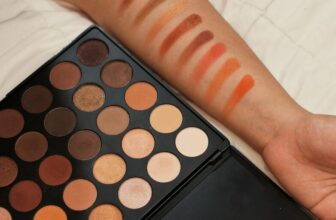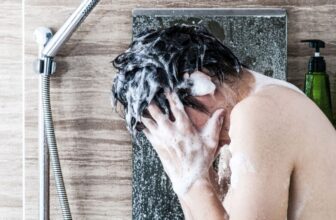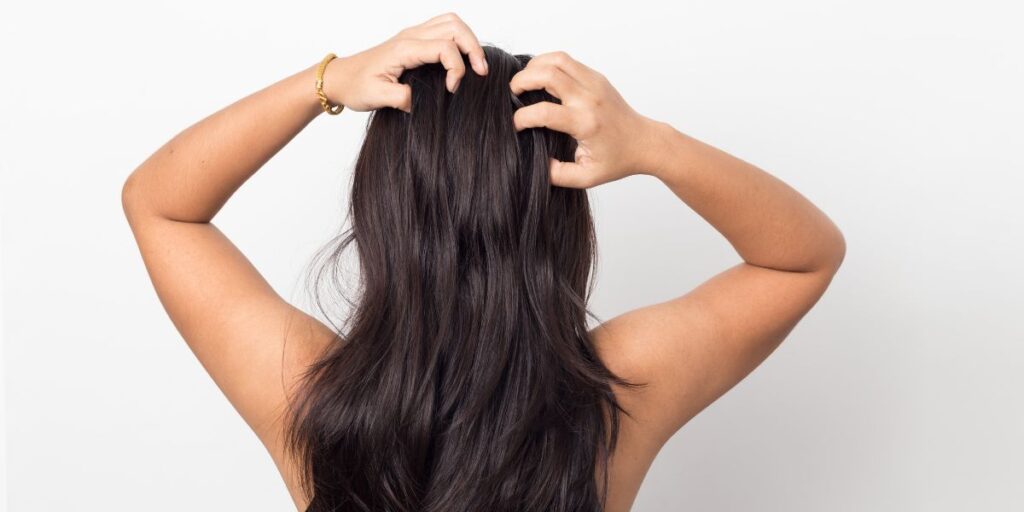
If you’re struggling with an oily scalp and dry ends, finding the right balance can be tricky. Understanding the root causes of this common hair issue is crucial to tailoring an effective treatment plan. By making simple adjustments to your hair care routine and product selection, you can help restore harmony to your scalp and ends. Let’s explore how you can address this imbalance and achieve healthier hair from root to tip.
Understanding the Root Causes
To understand the root causes of an oily scalp and dry ends, assess your hair care routine and lifestyle habits for potential triggers. Factors such as using harsh shampoos, overwashing your hair, or applying too much conditioner to the ends can contribute to this issue. It’s essential to strike a balance in your hair care routine to prevent excess oil production on the scalp while ensuring your ends receive adequate moisture.
Additionally, consider how often you use heat styling tools like straighteners or curling irons. Excessive heat can strip your hair of its natural oils, leading to dryness at the ends. Aim to minimize heat styling and always use a heat protectant spray before applying any heat to your hair.
Furthermore, your diet and hydration levels can also impact the condition of your scalp and hair. Consuming enough water and incorporating foods rich in vitamins and minerals can promote healthy hair growth and scalp balance. Take note of these aspects to pinpoint potential causes of your oily scalp and dry ends, paving the way for effective treatment strategies.
Tailoring Your Hair Care Routine
Revamp your hair care routine to address the issues of oily scalp and dry ends effectively. Start by washing your hair with a clarifying shampoo to remove excess oil and buildup from the scalp. Focus the shampoo on the roots and avoid applying it to the ends, as this can further dry them out. Instead of washing your hair daily, try to space out your washes to every other day or every few days to prevent stripping the scalp of its natural oils excessively.
When conditioning your hair, opt for a lightweight conditioner and concentrate on the ends to provide them with the moisture they need. Avoid applying conditioner to the scalp to prevent weighing down your roots and exacerbating oiliness. Incorporate a hydrating hair mask into your routine once a week to nourish and repair the dry ends.
Additionally, consider using dry shampoo in between washes to absorb excess oil at the roots without drying out the ends further. By customizing your hair care routine in this way, you can effectively manage both oily scalp and dry ends.
Choosing the Right Products
If you’re looking to effectively address oily scalp and dry ends, selecting the appropriate hair care products is key. When choosing products, opt for a balancing shampoo that targets excess oil on the scalp without stripping moisture from the ends. Look for ingredients like tea tree oil or salicylic acid to help control oil production.
For the ends of your hair, consider using a hydrating conditioner or a hair mask rich in nourishing oils such as argan or coconut oil. These will help combat dryness and split ends, restoring moisture and promoting overall hair health.
When selecting styling products, go for lightweight options that won’t weigh down your hair or exacerbate oiliness at the roots. Avoid heavy serums or creams near the scalp, focusing these products on the ends instead. Dry shampoo can also be a lifesaver for refreshing oily roots between washes.
Lifestyle Changes for Hair Health
Consider incorporating healthier habits into your daily routine to improve the overall health of your hair. Start by staying hydrated; drinking an adequate amount of water helps keep your scalp and hair follicles hydrated. Eating a balanced diet rich in vitamins and minerals can also promote hair health. Foods high in omega-3 fatty acids, like salmon and chia seeds, can help nourish your hair from the inside out.
Protect your hair from damage by using heat styling tools less frequently, and when you do use them, apply a heat protectant spray. Avoid tight hairstyles that pull on your scalp, causing stress to your hair follicles. Regularly washing your hair with a gentle shampoo and conditioner suitable for your hair type is essential.
Reduce stress levels through activities like yoga, meditation, or spending time outdoors. Stress can contribute to hair issues, so finding ways to relax is crucial. Getting an adequate amount of sleep each night allows your body to repair and regenerate, promoting healthier hair. By making these lifestyle changes, you can improve the overall health of your hair and maintain a balanced scalp.
Beauty & Personal care



